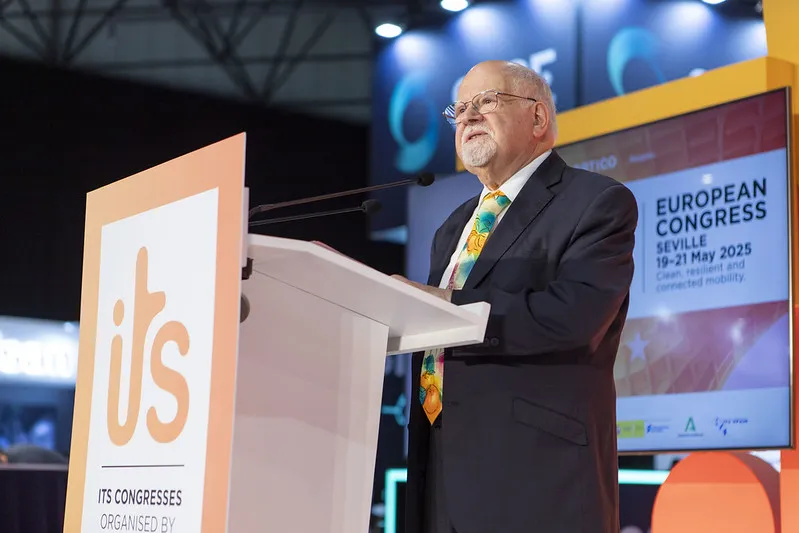
The ITS industry must be bold if it is to succeed in helping to solve society’s mobility issues, according to a leading Dutch politician. “If we want to move forwards, we need brains – we also need the balls,” insisted Cora van Nieuwenhuizen, minister, infrastructure & water management. “No guts, no glory.”
Investment was also required, she acknowledged, in order to help make transport more efficient, safe and sustainable. “The challenges we face are many,” she said at the official opening of Intertraffic 2018.
“Our infrastructure is stretched to the limit.” Fatalities on the road are on the rise, and air quality also remains an issue. Looking forward, infrastructure needs to be ready for the advent of the new generation of connected and autonomous vehicles (C/AV) and this means that telecoms companies need to be more involved in finding solutions.
Moreover, she is a firm advocate for fifth generation mobile networks (5G). “Let me assure you that I will fight for this extra gigabit like a ‘giga-bitch’!” she declared. But there would need to be “clear rules on data use, security and privacy”.
In the Netherlands, she promised that the government would help cities and regions to experiment with smart mobility solutions such as ride-sharing. But above all, there is a need for the authorities to talk to the private sector. “Working together will be crucial,” she concluded. “I am fully committed. I will do my part in policy and regulation. I want 2018 to go down as the year that smart mobility truly took off, from start-up to scale.”







